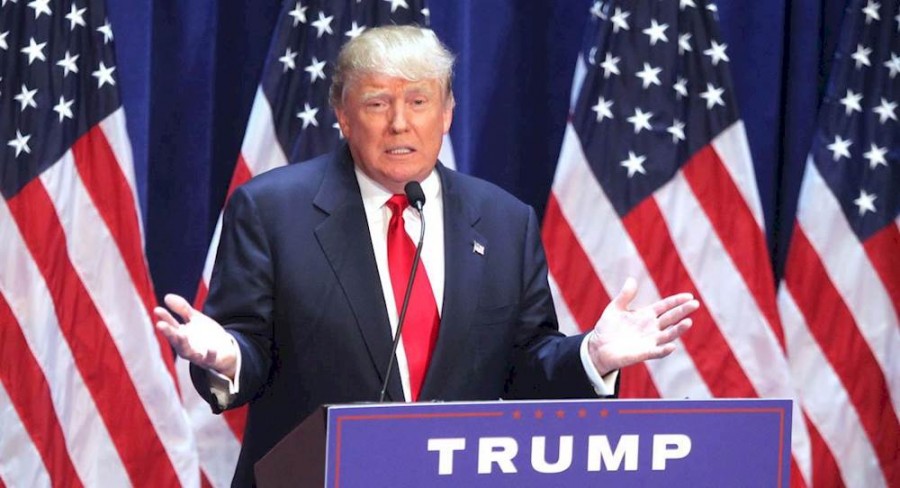The primary train chugs on
March 6, 2016
On a typical weekday at midnight, most Nazareth students are either sleeping, or are busily completing a project or paper.
On the other hand, far, far away from Roadrunner territory, in a land called Dixville Notch, New Hampshire, citizens there were the state’s first to cast their votes in the 2016 primary election at the stroke of midnight on Tuesday, February 9th.
As the primary train chugs through each state, it may be confusing to keep track of who’s winning in the engine and who’s losing in the caboose.
The race to select America’s next Republican and Democratic candidates for the presidential election has increased the public’s intrigue in the primary process like no other election. In fact, New Hampshire state officials predicted a historic turnout: more than half a million voters at the polls.
Making its second stop of its American journey, the candidates barely had time to breathe following the Iowa caucuses before they were shipped to New Hampshire.
In the first contest of the presidential campaign, the caucasus in which Iowans gathered to debate and vote were marred by scandals such as missing votes, tricky tallies, and even coin flips. Indeed, it was a testament to the flawed voting system, and the value of every, last, ballot.
Hillary Clinton narrowly defeated Bernie Sanders on the left; Ted Cruz defeated the entire group of Republicans vying for the presidency on the right.
Due to the questionable legitimacy of the Iowa caucuses, both Sanders and Donald Trump, who placed second, called for recounts. Trump responded to the outcome, saying, “Ted Cruz didn’t win Iowa. He stole it.”
Essential to establishing and building support for their campaigns, these initial elections determine the amount of publicity candidates receive; they lay the railroad paths of success for those candidates popular with the public. Momentum is key.
Almost as polarizing as the famous Nazareth debate, “Is a hotdog a sandwich?”, so too is this year’s debate the catalyst for heated discussion among Nazareth students.
Senior Marcel Tworek states, “With everything that’s going on right now with the elections, I think that Bernie Sanders has the best chance overall. I believe that the Republican Party [has] so many candidates this year. ”
All candidates from both parties ferociously campaigned in New Hampshire. Opinion surveys conducted before voting suggested Donald Trump as the top elephant (R) and Bernie Sanders as the top donkey (D).
The New Hampshire Republican debate displayed ferocity aimed at Republican Marco Rubio, who placed third in Iowa. Other candidates Jeb Bush, Chris Christie, and Donald Trump beleaguered Rubio with questions regarding his lack of executive experience and scripted dialogue.
In the end, the political prophecy proved to be correct. Donald Trump and Bernie Sanders won their respective parties in New Hampshire.
Junior Ben Ernest says, “The 2016 election is unlike any other we’ve ever seen. It[’s] clear that voters are sick of career politicians and will throw their support behind anti-establishment candidates.” Additionally, he jokes, “Can’t stump the Trump.”
As the primary train rolls through amber waves of grain and purple mountain majesties, and eventually through Illinois cornfields, who will you support?

